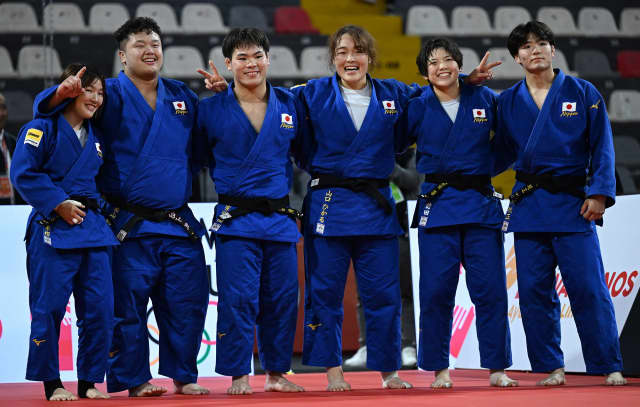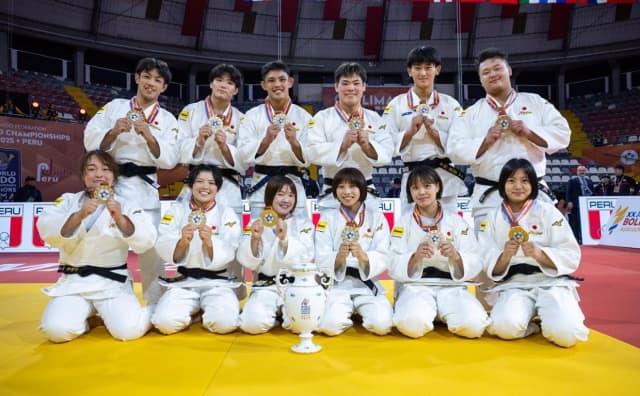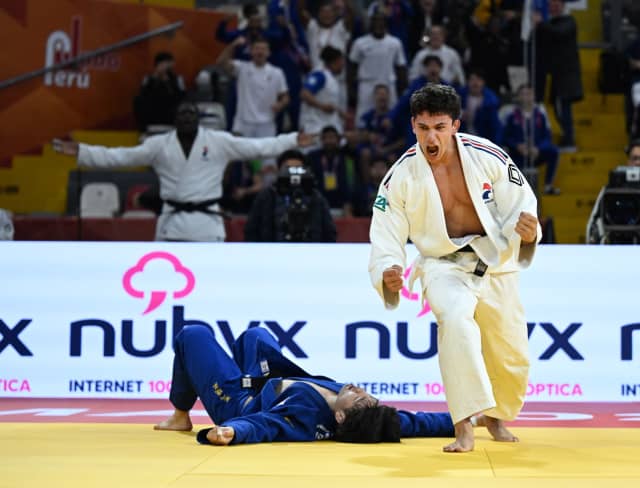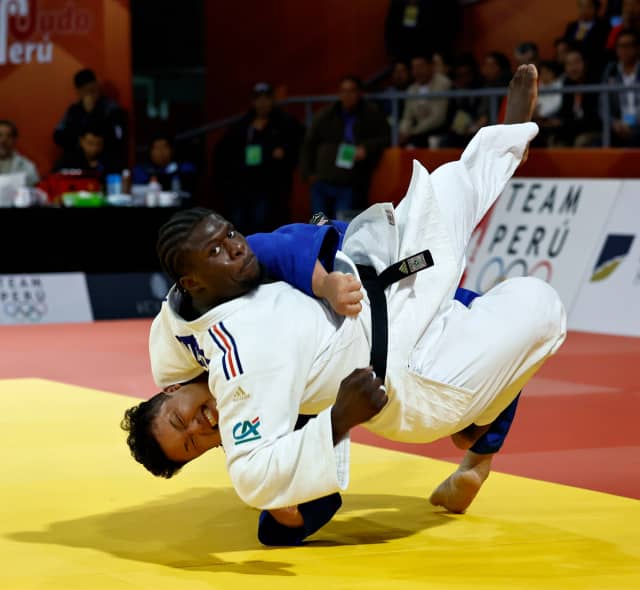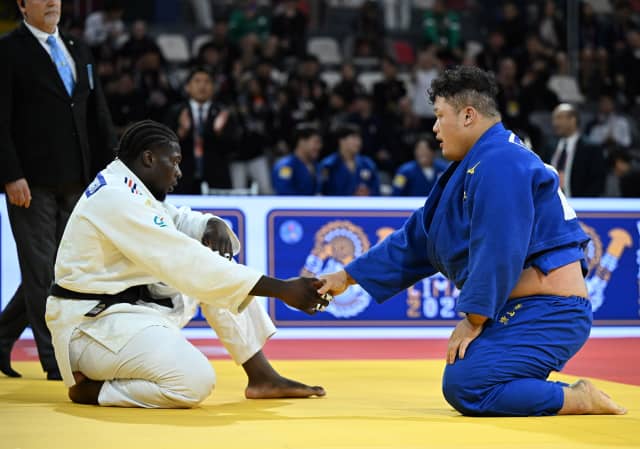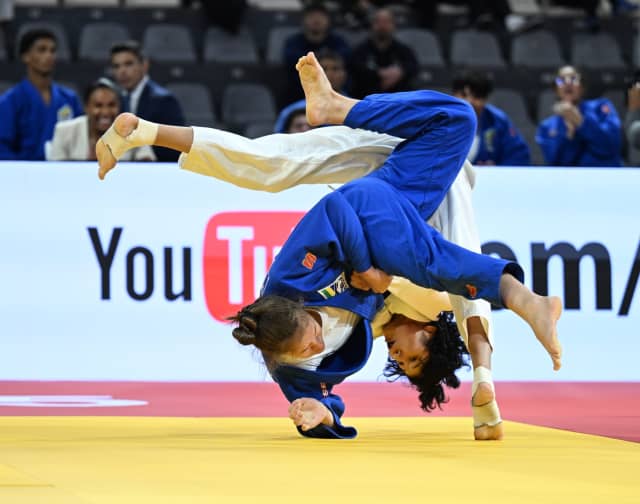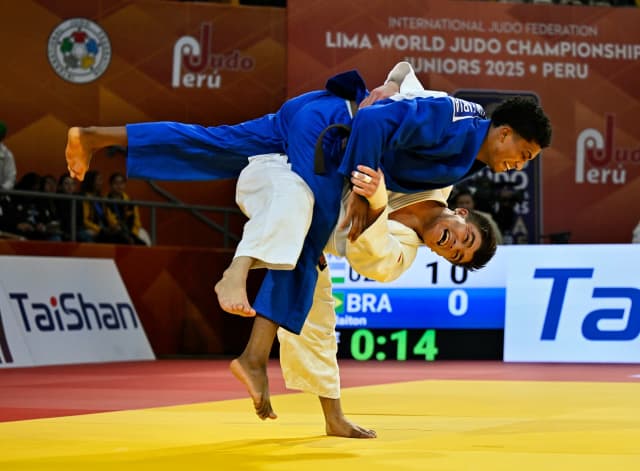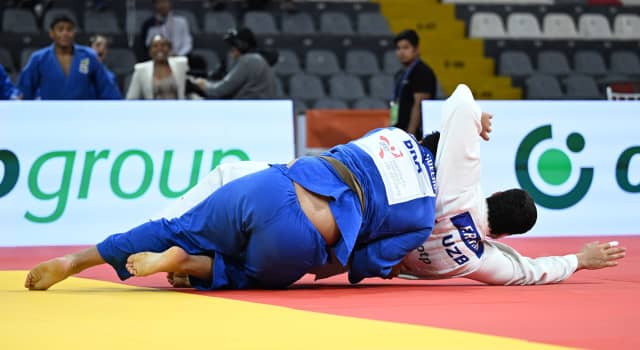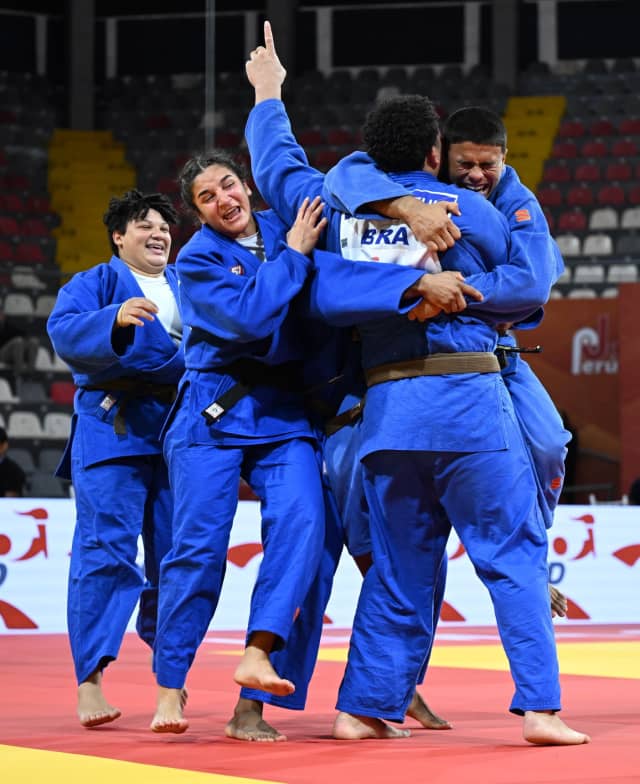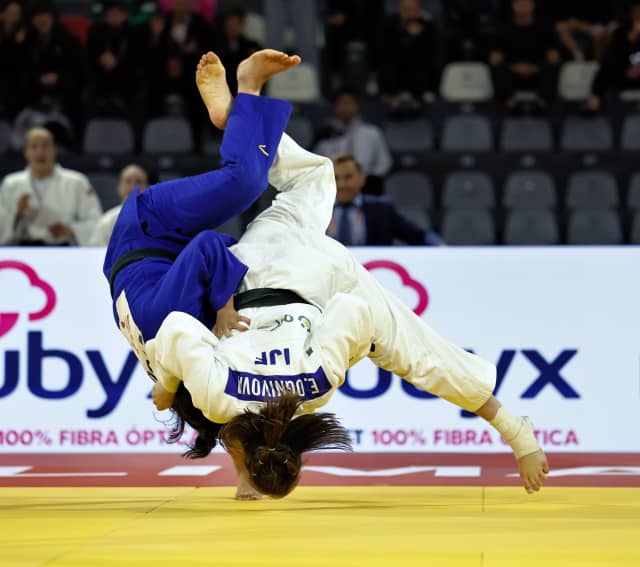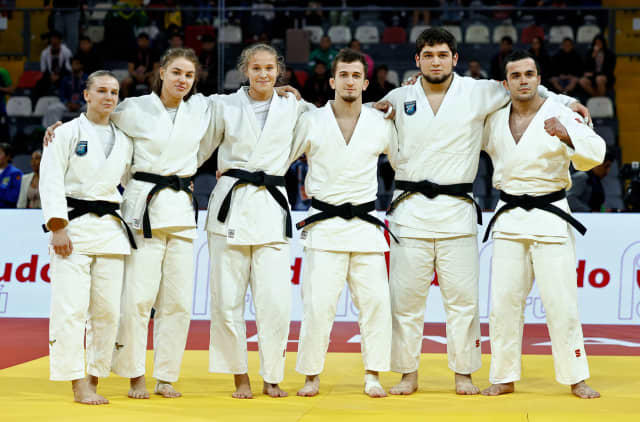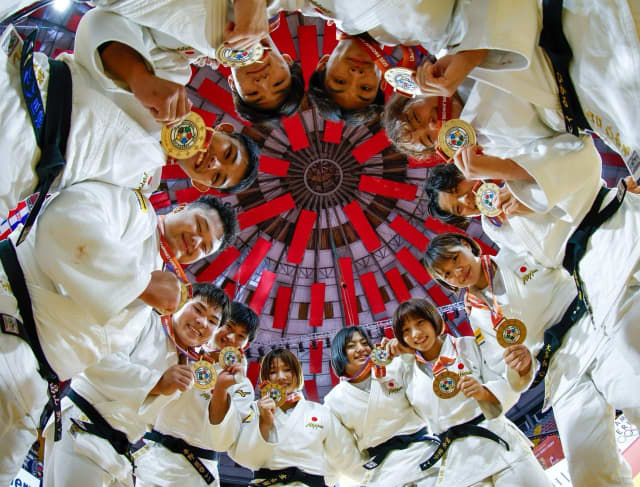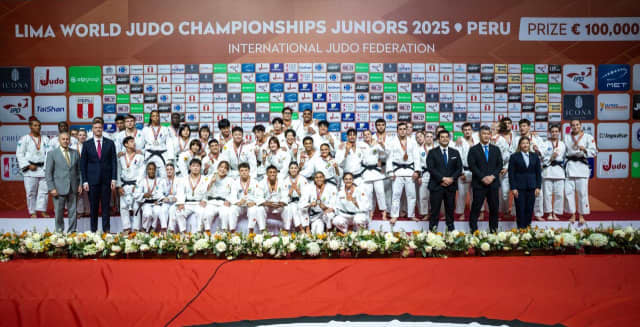
From the very first contest, the Peruvian capital vibrated to the rhythm of throws, counters and celebrations. The best young judoka on the planet gathered there, many for the most important competition of their early careers. For some, Lima marked the culmination of a junior journey, the last opportunity to make their mark before stepping onto the senior stage. For others, it was the beginning of a long adventure, the first step towards greatness. Each one of them, whether victorious or not, contributed to a championship of exceptional quality and emotion.
Observers and experts agree unanimously: the standard of judo witnessed in Lima was extraordinary. Each day brought new stories of courage, precision and resilience. There were breathtaking ippons, golden score marathons and tearful embraces at the end of hard-fought battles. The atmosphere in the venue was electric, sustained by passionate supporters who filled the stands and pushed every athlete to give their best.
Of course, there were moments of disappointment. That is the inevitable reality of elite sport, where triumph and heartbreak co-exist on the same tatami. Yet above all, there was pride, pride in representing one’s nation, pride in performing at the highest level and pride in contributing to a truly global celebration of judo.
The mixed team event provided a fitting close to the week. It reminded everyone that beyond individual talent, teamwork and spirit, the beating heart of judo remains. Every point won was a collective victory, every defeat a lesson shared.
Now, as the lights of the world championships fade, Lima is not saying goodbye to judo. In just a few days, the world’s elite will return for the inaugural Lima Grand Prix, followed by the Guadalajara Grand Prix a week later. The continuity between the new generation and the stars of the World Judo Tour will be seamless, a reminder that the young champions of today are the legends of tomorrow.
The 2025 edition of the World Junior Championships will be remembered as one of the finest ever, a celebration of judo’s values, of youthful ambition and of the unbreakable bond that connects the sport’s past, present and future.
Final
France vs Japan
The gold medal contest between France and Japan delivered everything one could expect from a world championship final: tension, intensity and moments of brilliance. The opening bout between Dayyan Boulemtafes and Ryusei Arakawa was fiercely contested and extended into golden score. Both judoka showed remarkable determination but it was Boulemtafes who broke the deadlock with a perfectly timed o-uchi-gari, circling low and catching Arakawa on his side for a waza-ari. France took the early lead, 1–0.
Next came Teophila Darbes-Takam against Rin Maeda. The Japanese judoka, calm and concentrated, levelled the tie by pinning her opponent for ippon. 1–1. The third contest saw Rayane Ascofare face Haru Shibata in a bout charged with energy. Ascofare appeared to dominate the gripping exchanges and pushed the pace but a costly mistake on the ground allowed Shibata to secure a hold-down for ippon, turning the tide in Japan’s favour. 2–1.
Then came the much-anticipated encounter between Célia Cancan, the newly crowned world champion, and Hikaru Yamaguchi. Cancan looked confident and aggressive but Yamaguchi capitalised on a brief opening, countering for waza-ari before finishing on the ground for ippon. Japan extended their lead to 3–1.
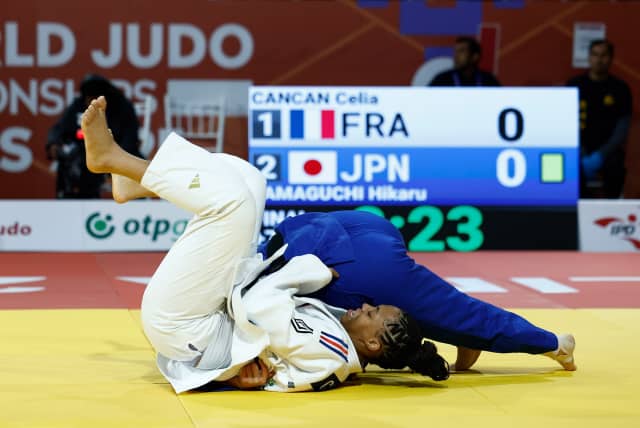
In the last men’s heavyweight contest, Matheo Akiana Mongo took on Gai Hatakeyama. The French judoka began strongly, controlling the grips and forcing two penalties against his opponent, but Hatakeyama showed resilience, scoring a yuko with ura-nage and taking control of the contest. He added two more small scores, the last one just as the gong sounded, to close the contest and seal victory.
With a 4–1 win, Japan claimed yet another junior world mixed team title, demonstrating once more their unmatched ability to rise in decisive moments. France, despite an impressive run and moments of brilliance, fell just short but could take immense pride in a superb performance.
Bronze Medal Matches
Uzbekistan vs Brazil
The bronze medal clash between Uzbekistan and Brazil was nothing short of dramatic, a back-and-forth battle that kept spectators on the edge of their seats until the very last exchange. Muhriddin Marufov opened the scoreline for Uzbekistan, controlling his contest from start to finish, securing two clean waza-ari throws ato defeat Claiton Faria. The second match went into golden score; Maria Eduarda Oliveira, despite starting extra time with two penalties against her, dug deep to level the tie for Brazil with a fierce o-uchi-gari that earned her an emotional ippon.
Next up was newly crowned world champion Jesse Barbosa who carried his individual form into the team event. Against Alisher Samanov, Barbosa produced a textbook seoi-otoshi for ippon, giving Brazil a 2–1 lead. However, Uzbekistan’s Umida Nigmatova, the silver medallist in the +78 kg individual competition, responded with power, overturning the score by pinning her opponent for ippon. 2–2.
The momentum shifted again when Fazliddin Rafikov scored a decisive ippon, putting Uzbekistan ahead 3–2. Brazil needed a victory to stay alive and Gyovanna Andrade delivered under immense pressure, levelling the tie once more with a spectacular throw that sent the contest to deadlock. The random draw then determined that the last golden score contest would be contested in the +90 kg category.
Having lost earlier, Andrey Coelho stepped back onto the tatami with redemption on his mind. In a breathtaking moment, he executed a perfectly timed o-uchi-gari, stunning both his opponent and the crowd. With that throw, Brazil sealed a 4–3 victory, capturing the bronze medal after one of the most gripping team battles of the tournament.
IJF vs Türkiye
The first point went to team IJF, with Atmir Slobirov securing an ippon through a strong hold-down, giving his team the perfect launch. Moments later, Eva Ognivova doubled the lead with another ippon, this time against Ecem Baysug, leaving Türkiye in a difficult position at 0–2.
After a tense golden score contest lasting nearly four minutes, team IJF edged closer to victory as Aleksei Bulgakov battled past Erman Gurgen in a gruelling contest that ended with the Turkish judoka receiving a conclusive third penalty.
Any remaining hope for Türkiye vanished when Sinem Oruc was caught in an armlock by Kristina Konovalova, conceding the final point. With this dominant 4–0 win, IJF representatives clinched the bronze medal.
Final Results
- 1. Japan
- 2. France
- 3. Brazil
- 3. IJF
- 5. Uzbekistan
- 5. Türkiye
- 7. Kazakhstan
- 7. Germany

